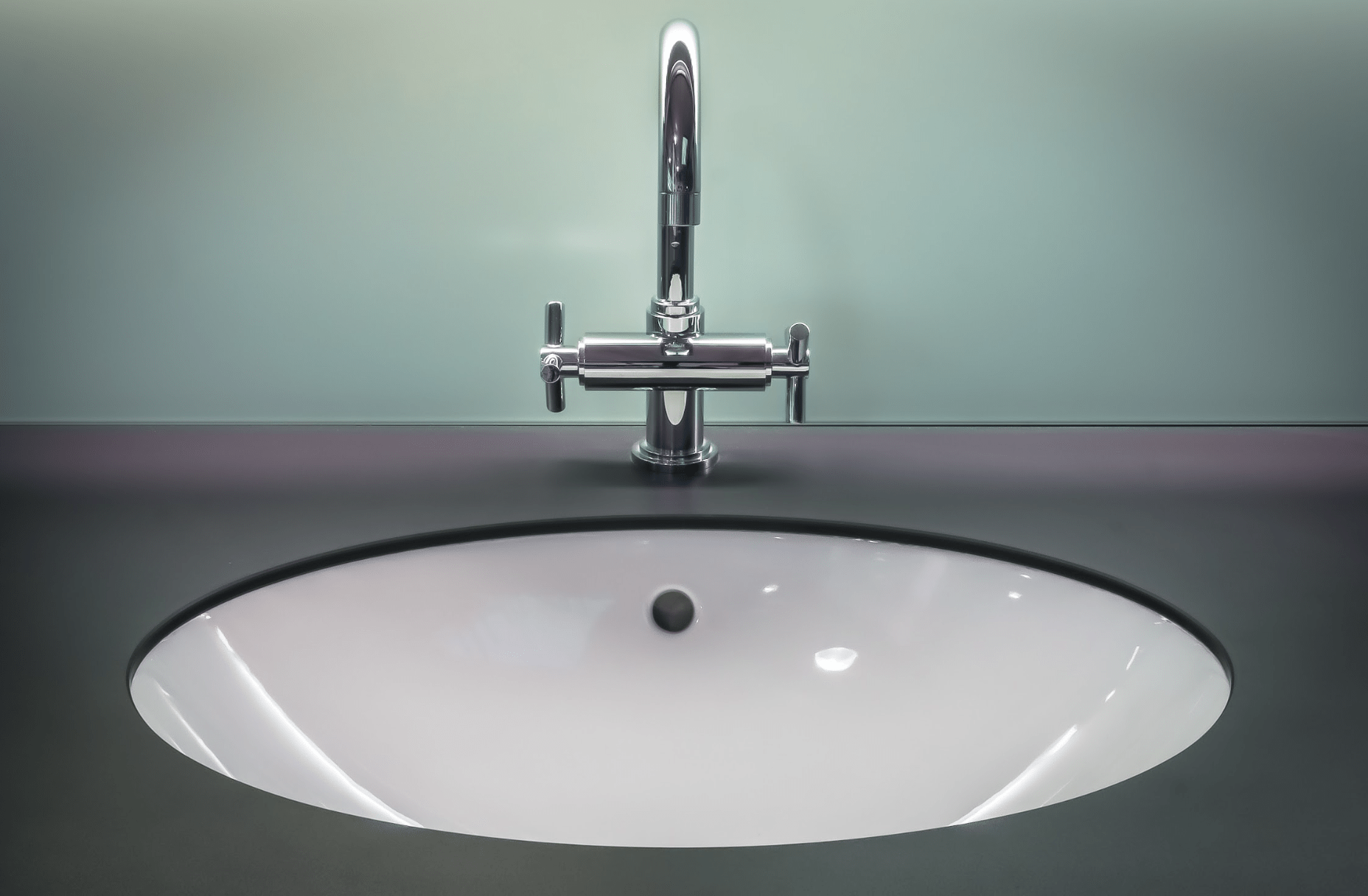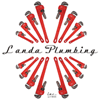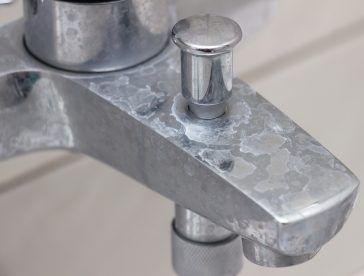
Your Handbook to Clogged Drains: Causes, Solutions, and Prevention
A clogged drain is a common but frustrating issue for many homeowners. Whether it’s the kitchen sink or the bathroom drain, a blockage disrupts daily routines and can lead to more severe plumbing problems. Understanding the causes and solutions can be a life-saver, helping you to fix the problem swiftly and avoid future clogs.
Causes of Clogged Drains
Understanding the root causes of clogged drains can be a substantial step toward finding the right solution and preventing future occurrences.
1. Fats, Oils, and Greases
Collectively known as FOG, these substances are notorious for causing blockages in home drainage systems. Over time, they solidify and stick to the pipe walls, building up and narrowing the passage for water flow. It’s crucial to avoid pouring leftover oils and fats down the drain after cooking.
2. Hair and Soap Scum
Shower and sink drains frequently become clogged with hair, which binds with soap scum, creating a stubborn obstruction. Installing a simple hair catcher can be a practical first step in preventing this type of clog.
3. Foreign Objects
Foreign objects like toys, sanitary products, wet wipes, including the flushable kind, and excessive toilet paper can quickly block drains. Cultivating a habit of disposing of such items properly, rather than flushing them down the toilet, can save you from future headaches.
4. Mineral Buildup
In regions with hard water, minerals can deposit inside the pipes over time, reducing the diameter through which water can flow and fostering environments for clogs. Installing water softeners can mitigate this issue, and regular cleaning can prevent buildup.
5. Roots Inside Drain Pipes
In some cases, roots can penetrate and continue to grow further inside of a drainage system. Nearby trees, bushes, and other vegetation love getting into drain pipes because of the constant supply of flowing nourishment located inside the pipes. This is most commonly found in older homes that still have galvanized drain pipes, old hubbed cast iron pipes and clay terracotta pipes. Having the proper knowledge and drain equipment ready for your property would be essential at this time so you might want to consider hiring professional help.
Solutions to Clear Clogged Drains
Armed with knowledge about the potential causes, let’s explore the solutions that can help you restore your drain’s functionality.
Natural Drain Cleaners
For a safer and eco-friendly alternative to harsh chemical cleaners, consider using a homemade baking soda and vinegar solution. This method often succeeds in breaking down minor clogs and is safe for most pipe materials.
Utilize a Plunger
Every household should have a plunger, a simple yet effective tool in dislodging blockages. Remember to use the correct plunger type — a cup plunger for sinks and a flange plunger for toilets.
Drain Snakes and Augers
When plungers fail, a drain snake or auger can be your next line of defense. These tools are designed to reach deep into the drain to physically remove obstructions.
Seeking Professional Help
Persistent clogs may require professional intervention. Expert plumbers have the tools and knowledge to diagnose and solve complex drain issues.
Prevention Strategies
Implementing preventive strategies can keep clogs at bay and ensure a smooth operating plumbing system.
- Disposal Etiquette: Educating all household members on proper disposal etiquette can play a significant role in preventing clogs. Encourage disposing of FOGs in a container and throwing them in the trash instead of down the drain.
- Regular Cleaning: Committing to a regular drain cleaning routine with natural cleaning agents can be a proactive measure to prevent buildup and clogs.
- Install Drain Screens: Invest in good-quality drain screens to catch debris before it enters your drainage system, preventing potential clogs in the process.
- Water Softeners: In case your area has hard water, it would be beneficial to install water softeners to minimize mineral buildup in the pipes, reducing the risk of clogs.
Frequently Asked Questions
Can I Use Boiling Water to Clear Clogs?
Boiling water can sometimes be effective in dissolving minor clogs. However, be sure to use this method sparingly and avoid it altogether if you have PVC pipes, to prevent damage.
Are Chemical Drain Cleaners Safe?
Chemical drain cleaners can erode your pipes over time, although they might offer a quick solution. It is advisable to resort to them only when necessary and to follow the usage instructions carefully.
How Often Should I Clean My Drains?
To maintain a healthy plumbing system, cleaning your drains at least once a month is good practice. Regular cleaning with mild, natural cleaners can help prevent clogs and buildup.
Can Coffee Grounds Go Down the Sink?
No, coffee grounds can accumulate and form clogs over time. It’s better to dispose of them in the trash or use them in your garden as compost.
What Can I Do to Prevent Hair from Clogging the Shower Drain?
Invest in a quality hair catcher or strainer for your shower drain to minimize the chances of hair clogs. Also, make it a habit to clean the strainer regularly to ensure it functions correctly.
Can I Flush Cat Litter if it Says Flushable?
Even though some brands market their cat litter as “flushable,” it is not advisable to flush it down the toilet. It can clump and form clogs in your plumbing system. Always dispose of cat litter in the trash.
Are Citrus Peels Good for Cleaning Drains?
While citrus peels can help eliminate bad odors from your drain, they are not effective in cleaning or clearing clogs. Using them alongside other cleaning agents for a more profound cleaning effect is always better.
What’s the Difference Between a Drain Auger and a Drain Snake?
A drain auger is a shorter tool generally used on porcelain toilets & urinals clogs that are close to the drain opening. In contrast, a drain snake, also known as a plumbing snake, is longer and capable of reaching deeper into the plumbing system to remove more substantial obstructions.
How Can I Deal with Mineral Buildup in My Pipes?
To handle mineral buildup in your pipes, you can install a water softener system to reduce the hard water effects. Additionally, regular cleaning with vinegar can help dissolve minor mineral buildup.
How To Deal With Roots Inside My Pipes?
This is a process of elimination. First, if you have any clogged drain pipes, you must get them flowing and draining again; once this is completed, you can move forward. The next step is to have an eye-camera examination in order to see where the problem areas are located inside of the pipes. Depending on the outcome, a snake cable, hydro jetter, or even a re-pipe might be needed.
Understanding the causes and prevention strategies for clogged drains can be a monumental step toward maintaining a smoothly functioning plumbing system. With the right knowledge and tools, you can prevent many common issues that lead to clogged drains.
When faced with stubborn clogs that resist all efforts of removal, remember that it’s not the end of the road. Landa Plumbing stands ready to assist you, bringing expertise and advanced solutions to free up your drains and restore perfect functionality in your plumbing system.
Encountering a clogged drain issue that refuses to resolve? Don’t allow it to escalate into a more significant problem. Reach out to Landa Plumbing today for a professional and effective solution. With expert services at your disposal, maintain a clog-free, smooth-running home, safeguarding your peace of mind.


